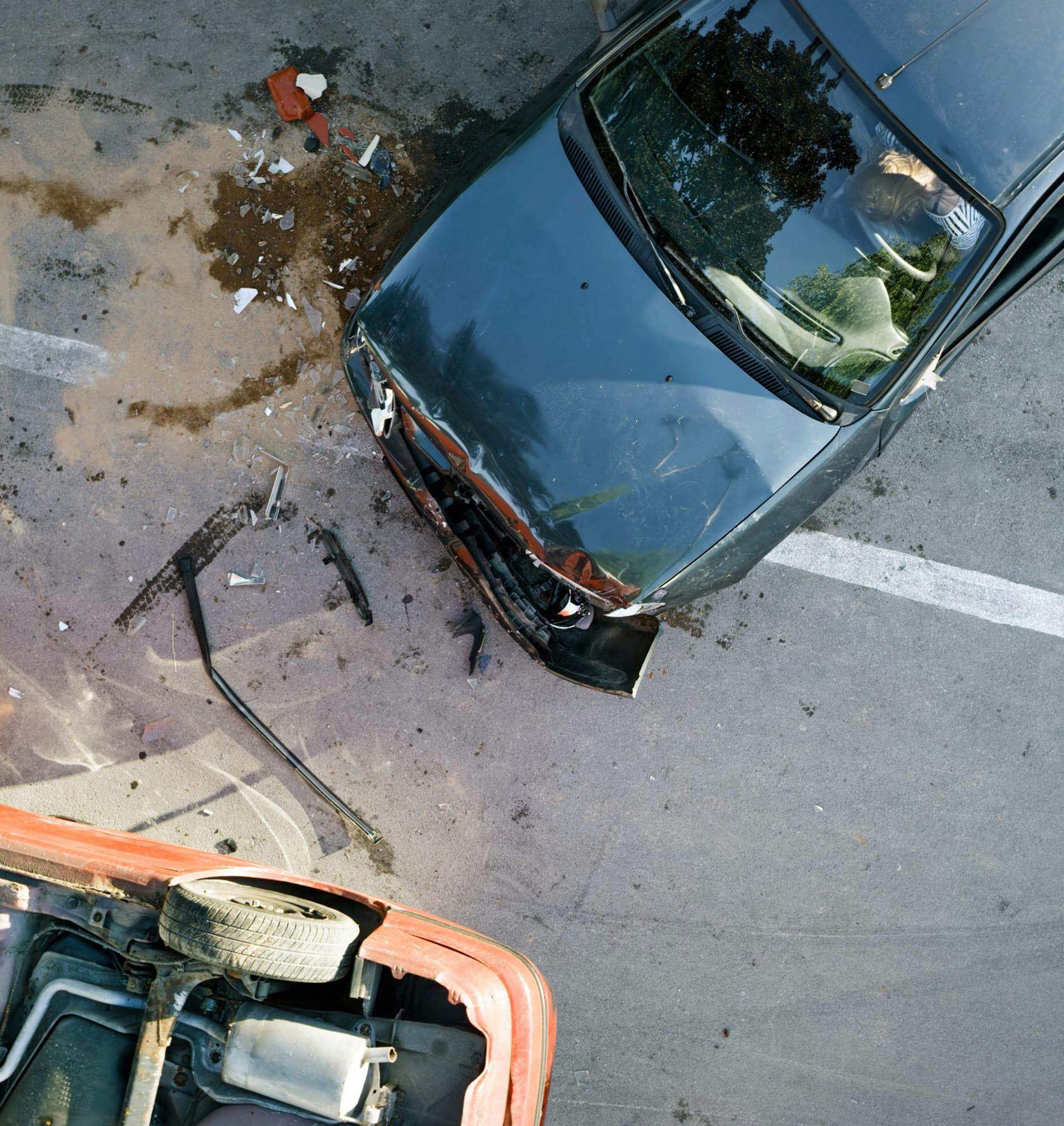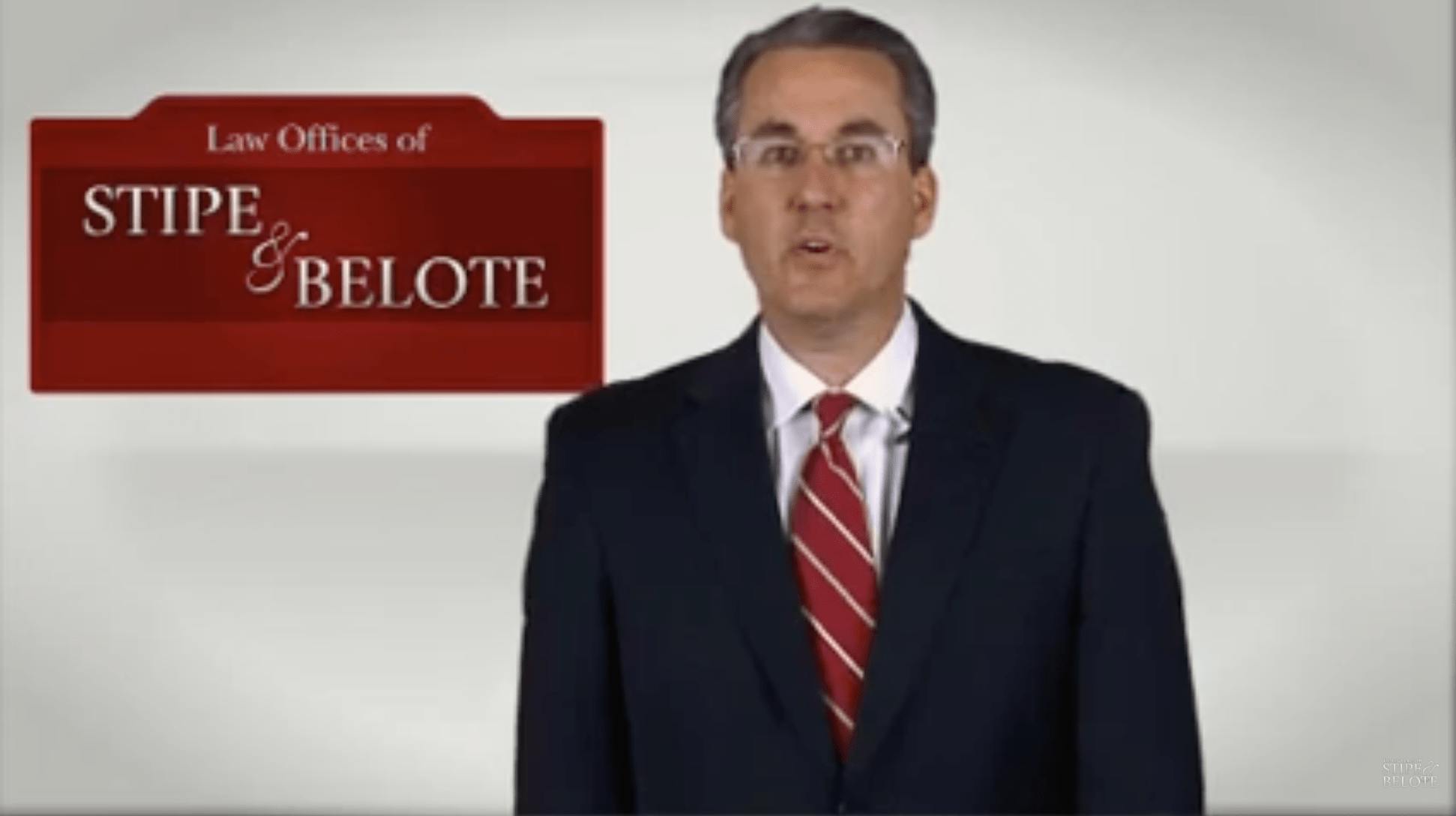Car accidents can be devastating, leaving you with injuries, medical bills, and lost wages. Navigating the legal aftermath of a crash can be overwhelming without proper guidance. A skilled car accident lawyer in Oklahoma City can help you understand your rights and pursue fair compensation for your losses.
What Are the Different Types of Car Accident Injuries?
Jack Stipe and James Belote, each being an auto accident attorney in Oklahoma City, are esteemed for their achievements in personal injury law. They manage a diverse array of car accident injury cases, which encompass, but are not limited to:
- Traumatic brain injuries
- Spinal cord injuries
- Broken bones
- Internal injuries
- Amputations
- Concussions
- Head injuries
- Back injuries
- Broken bones
- Ankle, knee, leg, and hip injuries
- Burns
- Eye injuries
- Facial trauma
- Neck and shoulder injuries
- PTSD
- Fatal injuries







